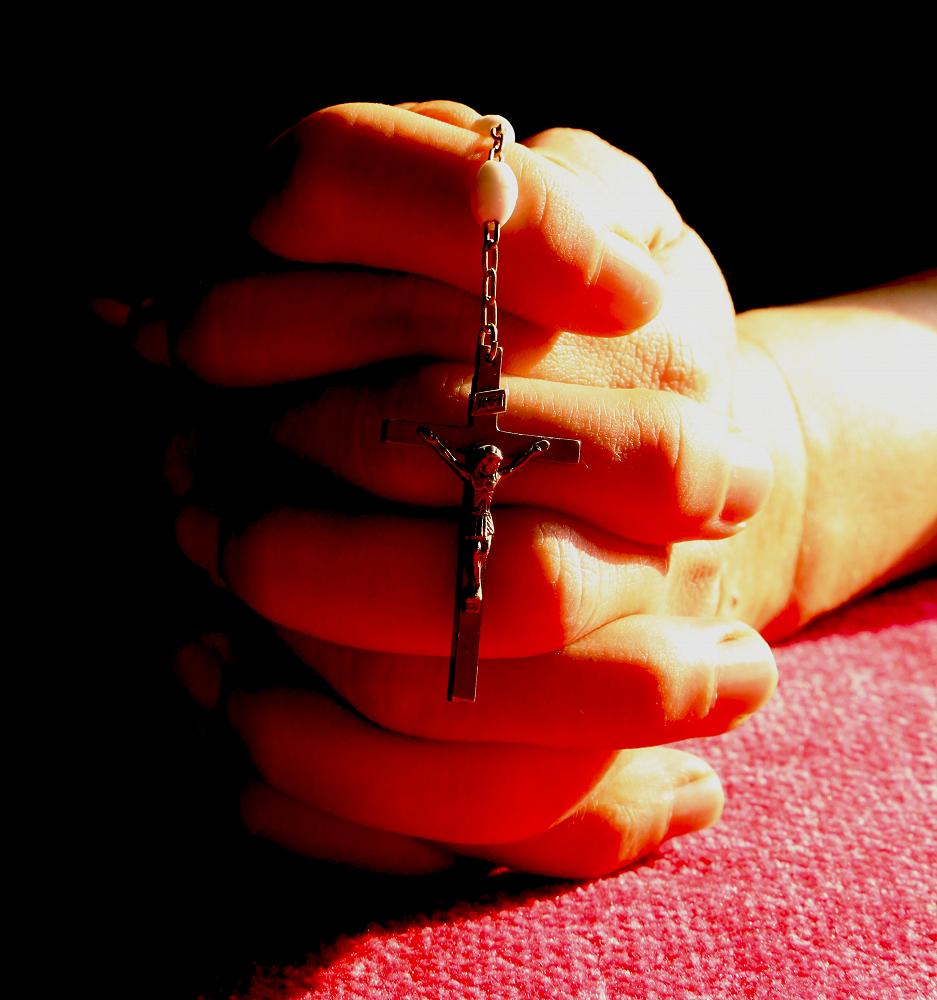
Living a Legacy of Faith
Melania Luka-Lui reflects on the influences on her Catholic life.
My father Su’emalo Luka Lui was from the villages of Leauva’a, Afega and Falealupo. My mother Malia Tuisea is from the villages of Mulivai-Safata and Amalie-Aleipata. My father was a son of catechists Lafaele and Melania FKS. My mother a daughter of Tuisea and Senauefa Luamanu who were plantation farmers. Both my parents were the eldest children in their families with strong Catholic ties. My father’s ancestors were the first to welcome Catholic missionaries in Samoa. My mother’s ancestors led the MAU movement for independence. They came from villages that allowed one church as they were of the Catholic faith.
My parents both came to New Zealand to work and support their parents and families in Samoa. My mother worked at St Patrick’s Silverstream whilst my father was a car parts assembler and welder for Todd Mitsubishi Motors in Porirua. They met in Silverstream, married at Sacred Heart in Petone and came to Wellington to live.
My father is a quiet, reserved and humble man. My mother loves to socialise, dance and make people feel welcome. As members of St Anne’s parish Samoan Community for over 40 years their weekends and weekday evenings were filled with the Legion of Mary and prayer devotions, choir practices, cleaning the church, mowing the presbytery lawns, visitation of the sick, youth ministries and much more.
I was very blessed to have been taught by them. “Use your talent, your time, work and love to show others Christ, not for your glory, but praise God who blesses you to do so. Help others in need, speak up against injustice, never doubt God’s love. Life is a gift from God, use it to share Christ’s message. Be kind and respectful to others as they are God’s people, too. Let people hear about Christ through your words and see Christ through your actions. It is never too late to say ‘forgive me, I am sorry’. See Christ in whomever you meet — regardless. God is love — believe in it.”
My identity is important to me. My Samoan culture and Catholic faith are depictions of the Gospel in action. The motto on the Samoan coat of arms states: “Faavae I le Atua Samoa – God be the foundation of Samoa." Faith in God is the strength of the nation. In Samoa and Aotearoa we try to be a people of pride in who we are, and have love, humility and compassion — loto maualalo ma le loto alofa — as our characteristics.
During Lent I think of the beatitude in Matthew: “Blessed are the merciful, for they shall obtain mercy.” In Samoa, and sometimes in Aotearoa, the ceremony of ifoga, or ritual of forgiveness, is done in front of the victim’s family. The perpetrator or perpetrators — who may have committed a serious offence — kneels on the ground in public under a fine mat. The offender or family matai remains under the mat until the victim’s family is ready to forgive. The removal of the fine mat is the sign of acceptance. This shows the community dimension of wrongdoing by acknowledging responsibility for the broken relationships in the community. It provides a way of saying sorry and then going on to heal the relationships.
I was brought up the fa’a Samoa way and taught that it is a sign of humility, a grace of God, to give or to ask for forgiveness. The Scriptures were the background of our lives. We know that Jesus Christ was innocent, yet was killed. He accepted his death with humility to bring justice. During Lent we hear again the story of the passion of Jesus suffering humiliation, torture and abuse as he dragged the cross through the streets. While dying on the Cross, he still cried out: “Father, forgive them for they know not what they do” (Luke 23:34).
From my parents’ example I have always been involved in the Church. I travelled as a youth member to World Youth Day in Greece. Sitting in the chapel of St Anne in the holy cave of St John the Evangelist on the island of Patmos, I experienced a revelation of God’s love and all of its abundance as forgiveness. I suddenly felt peaceful. I know Christ walks with us, holding us as we embark on our journey to heal, to allow love into our lives and to grow. This love makes us embrace the message of peace and compassion, to break down the barriers of pride, ignorance, racism, cultural and social injustice. I think this love is hungry for action to do good and put things right in our communities and the world. This is how I think about being part of God’s mission.
Tui Motu Magazine. Issue 257 March 2021: 11
